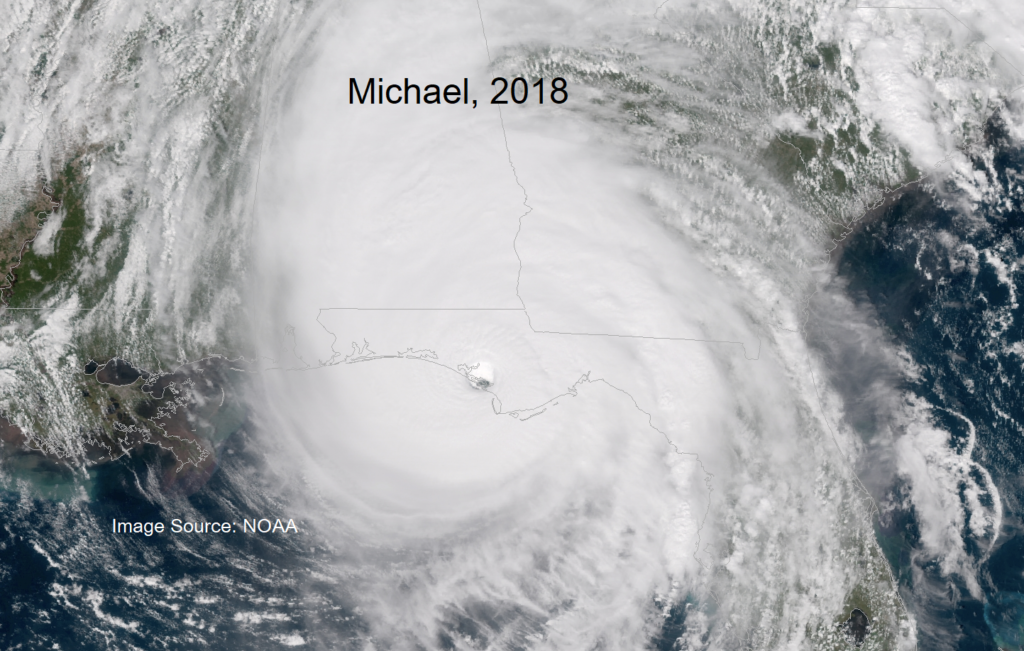The New England Journal of Medicine has an article today discussing the interaction of the climate crisis and the covid crisis, and how one can impact the other.
The biggest problem is this: the climate crisis is causing more heatwaves and stronger hurricanes, and at the same time, the coastal area from Texas to the Carolinas that gets the worst impact from hurricanes is also experiencing a huge surge in Covid infections. Hurricanes and heatwaves will send more people to hospitals, but the hospitals may already be filled with people with Covid.
At the same time, both the Covid crisis and climate crisis are impacting over-burdened communities the hardest. Climate creates more air pollution, which increases the risk for serious Covid illness. Climate creates more heat, more ozone, more wildfire smoke, and more particulate air pollution – all of which cause more chronic illnesses. Because of our country’s environmental and systemic racism, black, indigenous and communities of color are already over-burdened with air pollution and climate impacts on health, and now Covid is added on top of that.
People will have to evacuate or use cooling shelters, because hurricanes and heatwaves are both life threatening. Yet shelters bring large numbers of vulnerable people together under one roof, increasing the risk for Covid transmission.
The article has a list of recommendations for shelters and cooling centers to make them safer, including:
+ communicate clearly that the Covid crisis does not change the need to evacuate
+ increase the number of shelter sites, with fewer people in each shelter, separated spaces, and more space for each person in the shelter
+ be sure to register all people in shelters and get name and phone numbers to make contact tracing easier, if contact tracing becomes needed
+ implement infection control in shelters (daily symptom checks, mandatory face masks, plentiful sanitizer and handwashing stations, meals in disposable containers
+ provide electricity subsidies and extend moratoriums on water and electricity cut-offs
+ limit occupancy and require masks and hand sanitizer in air conditioned places that are open to the public such as malls or movie theaters
+ several other recommendations to increase safety, improve response, and aid planning
The article notes that our country’s response to both climate and covid has been disjointed and unscientific, which threatens the health and lives of many people. It ends noting that reducing fossil fuel use will reduce the risk for multiple medical conditions, improving health now and limiting the harms that will arise from climate change. The Covid pandemic and climate change are interconnected and we need integrated policies for both.
“It is past time to implement robust and equitable responses to both.”





